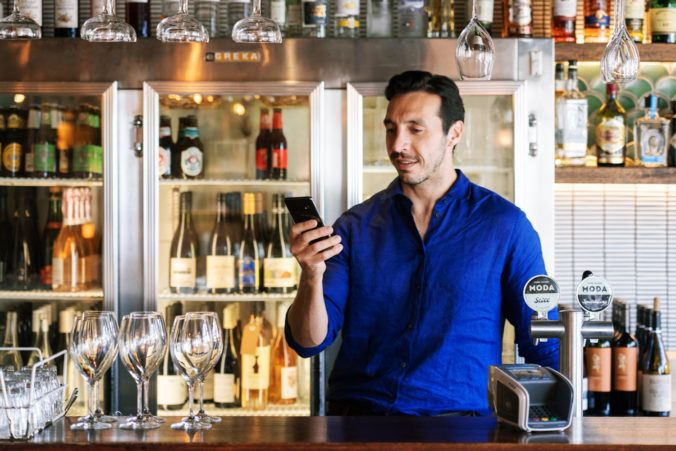Mastering Cash Flow This Festive Season

18 October 2022 - 5 min read
Business Strategies

Leasing a premises is an important step in opening a hospitality business such as a restaurant, cafe, or bar. But before you get ahead and sign the first lease you come across, it’s important to read through all the clauses carefully (and ask the right questions) to ensure it’s right for your you and your business. In this article we cover five things you should consider before you sign a hospitality business lease.
It might seem like a no-brainer, but you’ll need to check how much (and how often) you’ll need to pay rent. Knowing the cost and frequency of your payments will help you work out whether it fits into your budget, and ultimately how much revenue you can expect to make once these overhead expenses are accounted for. It’s also important to understand how and when rent can be increased, so you’re not blindsided down the track if your rent goes up.
You’ll also need to consider outgoing costs (these are the costs that you’re obliged to pay in addition to your rent, such as utility bills including water, electricity, and internet). Depending on the premises, you may need to fork out some sort of strata and property management fees. Often, these aren’t explicitly stated in the agreement so be sure to ask your landlord about them before signing.
A lease for a hospitality business only lasts so long, so it’s important to check how many years you’ll be able to run your business at the location you’re looking into.
It’s also a good idea to look into renewal options to see if you’ll be able to lease the premises for longer if business booms and you don’t want to move and risk losing your employees and customers. On the other hand, if business (unfortunately) goes bust, you’ll want to know what the implications of an early exit would be, so be sure to find out before you put pen to paper.
Perhaps the most important thing you’ll need to check is if you can actually do business at the property you’re thinking of leasing. Many retail leases specifically state (or restrict) the type of business activities that can be conducted on the premises, for reasons such as work health and safety, licensing restrictions, and existing business competition. Whatever the reason, it’s important to make sure your business activities have the green light. That way you don’t end up signing a lease only to find out you can’t do business at the premise you’re paying for.
On a similar note, since you’re leasing and not buying, you’ll need to get approval from the landlord if you want to make any modifications to the property. It’s a good idea to speak with your landlord about any significant changes you want to make upfront, to see if you’ll be able to realise your vision at the premise.
As the tenant of the premise, you’ll need to understand what your rights and responsibilities are and ensure you’re meeting them, to avoid any penalties. For example, if you fail to pay rent on time or you don’t properly maintain the premises, you are in breach of your lease, which can result in rent recovery action or lock-out measures by the landlord. It pays to know what you are and aren’t allowed to do at the space for lease, so you don’t land yourself in any hot water down the track if you decide to sign.
Another important piece of information you don’t want to skip over is how and when the landlord can cancel the lease. This is something you’ll want to know about beforehand, so you’re not caught by surprise down the track if the landlord does terminate the lease without an action plan to get your business up and running somewhere else.
Whether you’re planning on leasing a restaurant or cafe space, it’s important that you read every clause of your lease and understand exactly what they mean. It can be worthwhile getting a legal advisor to review the papers with you to ensure you know the ins and outs of what you’re signing up for. That way, you’re confident when you sign the dotted line.
Locked in a location to bring your business to life? Now you’ll need an industry-tailored EFTPOS solution to help process your payments and get your revenue rolling. Learn more about Tyro’s EFTPOS solution built for hospitality businesses here.
You may also like
Australian-based 24/7 support